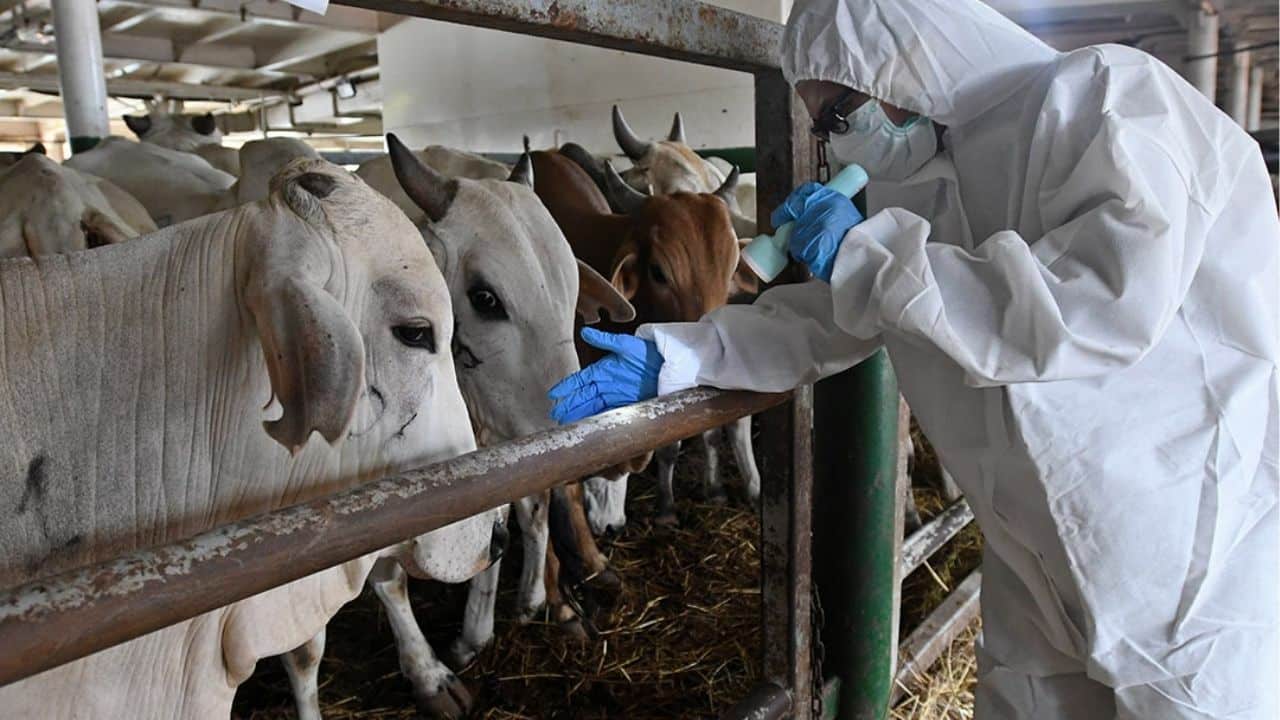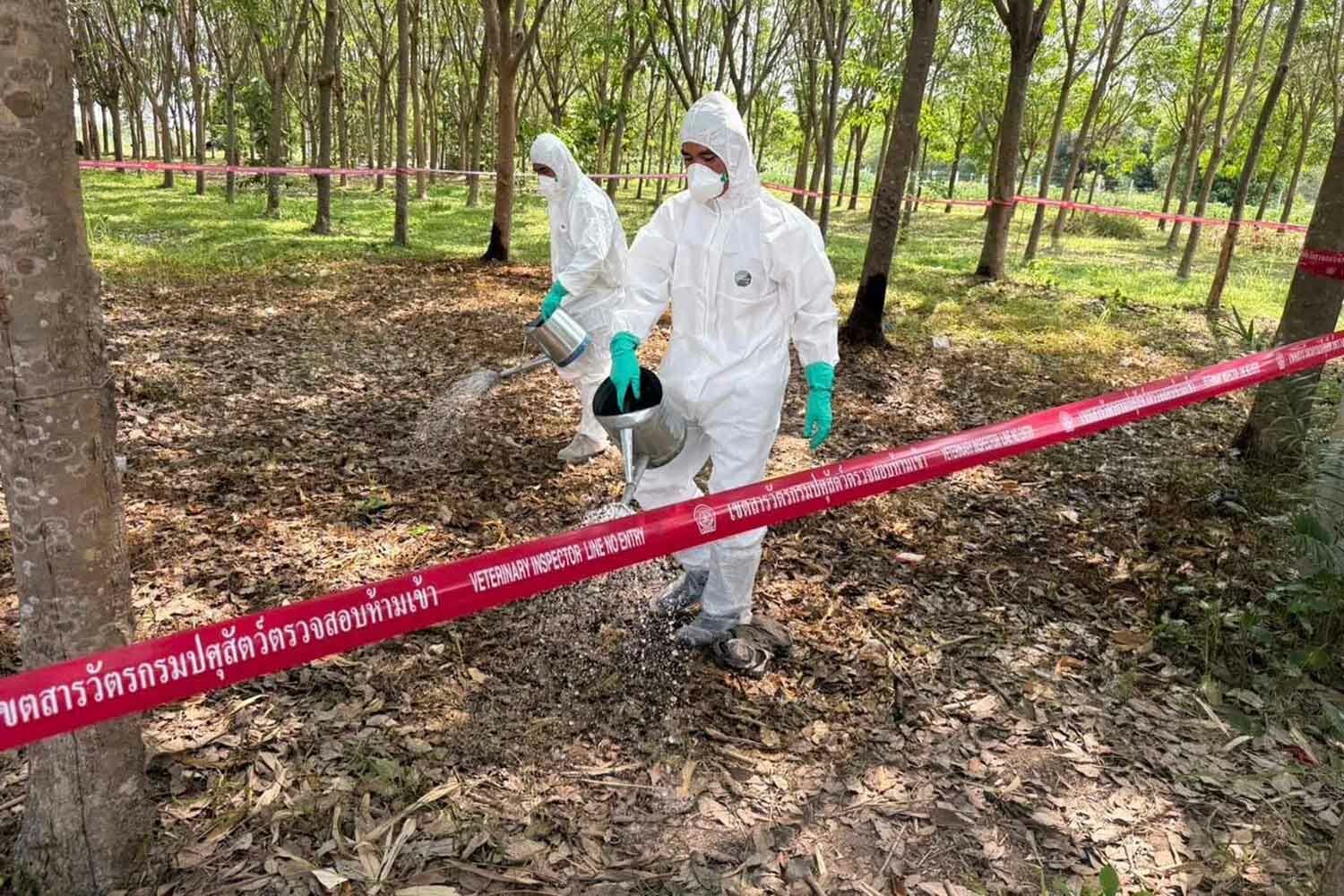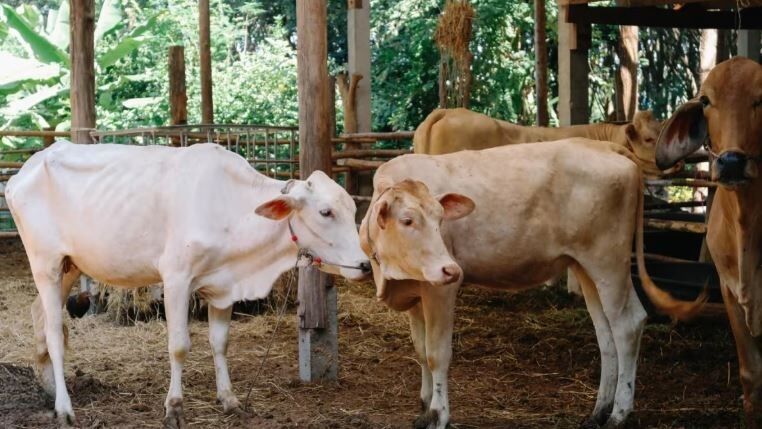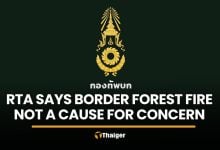Cambodia, Laos ban Thai livestock over anthrax fears
Regional trade disruption raises concerns over food safety and cross-border disease control measures

Cambodia and Laos have temporarily halted the importation of livestock and related products from Thailand to prevent the spread of anthrax.
According to China’s Xinhua News Agency, Cambodia’s Ministry of Agriculture, Forestry, and Fisheries has implemented this precautionary measure and is closely monitoring the anthrax situation in Thailand.
The ministry stated that while there are currently no anthrax cases in Cambodia, a temporary ban on the import of livestock and related animal products has been enforced at all Thai border crossings. Officials are collaborating with various state agencies at these crossings to ensure compliance with the ban, though the duration of the ban remains unspecified.
In Laos, a similar ban has been in place since Monday, May 5, targeting the import of pork, beef, mutton, and horse meat from Thailand to mitigate the risk of an anthrax outbreak. Thai media reports indicate that vehicles arriving from Thailand must undergo disinfection before entering Laos.

In Thailand, Dr Narong Chankaew, chief of the Mukdahan Provincial Public Health Office, reported that all 636 at risk have completed a seven-day observation period following exposure to the disease. During this period, they received medication to prevent infection and can now resume normal activities.
Despite the outbreak, which resulted in one death and four hospitalisations, there is heightened public awareness of anthrax, though some people remain hesitant to consume beef. Dr Narong assured that consuming meat is safe if it is thoroughly cooked at a temperature of at least 120°C or boiled for 30 minutes to eliminate any anthrax bacteria.
The Department of Disease Control noted that the outbreak in Mukdahan is confined to Don Tan district. Infections occurred through skin contact or consumption of contaminated meat. Although anthrax is typically found in cattle, buffalo, goats, and sheep, in this instance, beef is believed to be the source.
Dr Narong confirmed that health investigators have identified the origin of the outbreak: the butchering of a cow on April 12 on a rubber plantation in Ban Khok Sawang, tambon Lao Mee. The man who died participated in the butchering and fell ill on April 24, Bangkok Post reported.

Latest Thailand News
Follow The Thaiger on Google News:


























